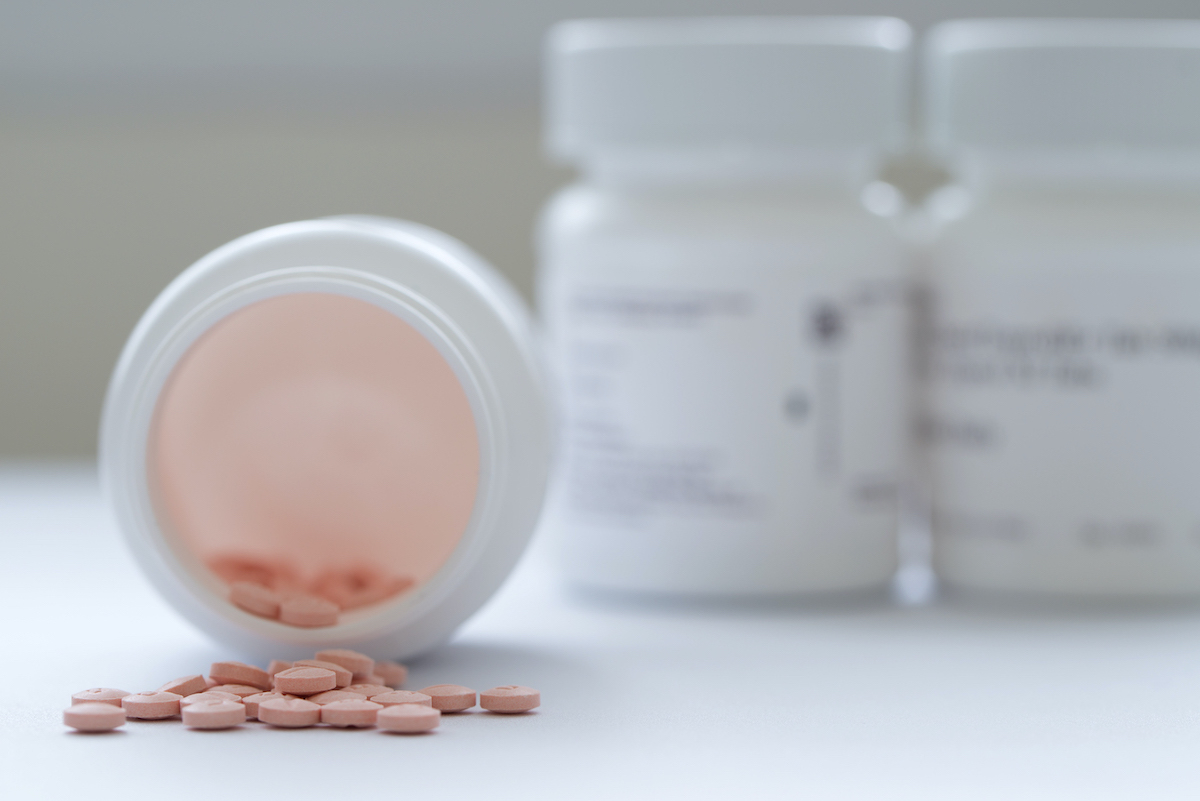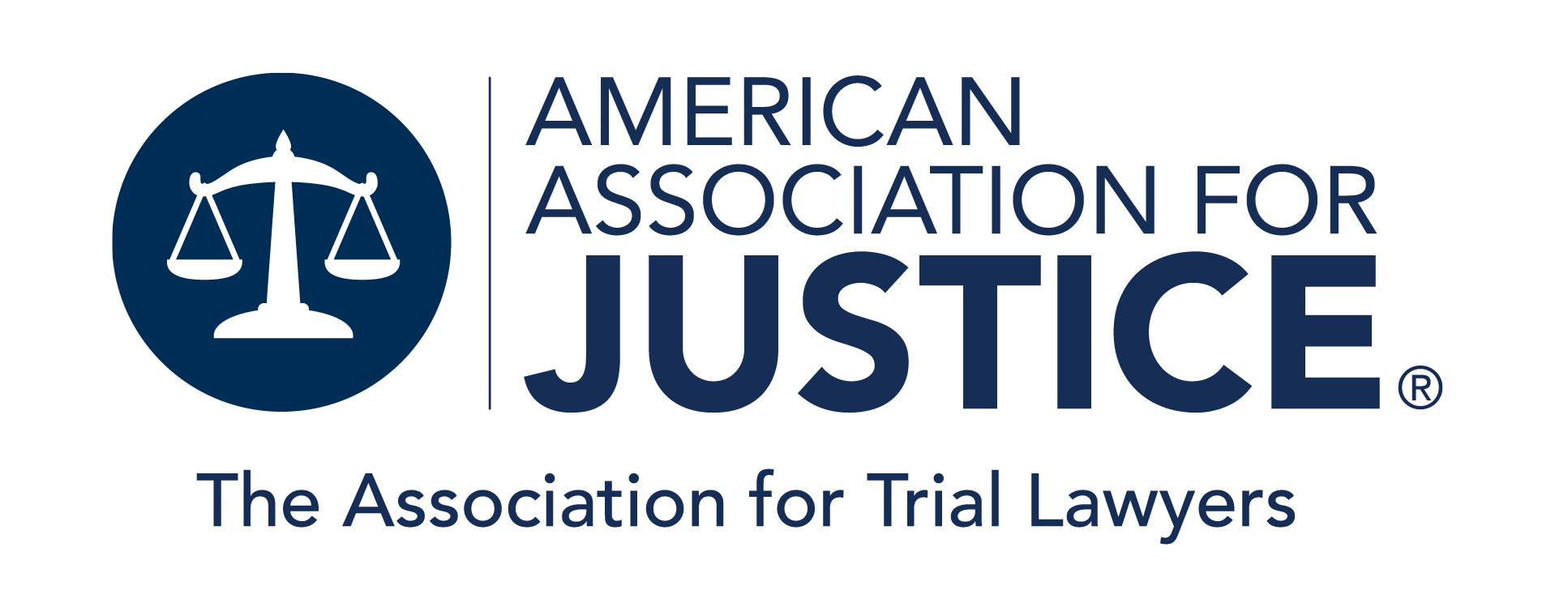
In a statement released on February 4, 2021, the U.S. Food and Drug Administration (FDA) informed the public that initial results from a safety clinical trial of the medication Xeljanz, Xeljanz XR (tofacitinib) may be cause for concern. The preliminary results from the safety study indicate an increased risk of cancer and cardiovascular risk in relation to the arthritis medication. In the post-marketing study, the safety of tofacitinib was tested in comparison to a tumor necrosis factor (TNF) inhibitor with respect to adverse effects and malignancies, including serious cardiovascular events and cancers.
The study consisted of 4,362 patients who had at least one cardiovascular risk factor. The patients were randomized to either 5mg or 10mg of tofacitinib per day, or to the TNF inhibitor called adalimumab (Humira) for United States patients. The manufacturer of tofacitinib, Pfizer, released results which indicated that patients who were given either dose of tofacitinib showed significantly higher rates of malignancies as well as higher rates of adverse heart-related events than patients who were given the TNF inhibitor. The FDA is currently awaiting further information from the trial before making any decisions regarding the medication’s safety warnings and possible restrictions.
Table of Contents
History
Tofacitinib was first approved by the FDA in 2012 for the treatment of rheumatoid arthritis (RA) in adults who experienced adverse reactions to the medication methotrexate. Rheumatoid arthritis is a chronic inflammatory disorder in which the body’s immune system works overtime and begins attacking its own tissue, including joints. People with RA experience serious pain, swelling, and loss of function in the affected areas. RA can also cause damage to other body systems including the skin and eyes, and more severe cases of RA cause the body to attack internal organs. Tofacitinib works to decrease the activity of the immune system, which helps lessen the painful symptoms of rheumatoid arthritis.
Tofacitinib was then approved in 2017 for treatment of psoriatic arthritis (PsA), a condition that causes joint pain and swelling. In 2018, tofacitinib was approved by the FDA to treat a third condition called ulcerative colitis, which is an inflammatory bowel disease that causes inflammation of the digestive tract. The three conditions that tofacitinib has been approved to treat are all contributed to an overactive immune system.
When tofacitinib was first approved for the treatment of rheumatoid arthritis, the FDA required the manufacturer, Pfizer, to conduct a clinical trial to assess the risk of heart-related issues, cancers, and opportunistic infections. The trial was conducted with the medicine at two doses (10mg and 5mg, twice daily) in combination with methotrexate, which was compared to a drug called a tumor necrosis factor (TNF) inhibitor. The trial showed an increase in blood clots in the lungs as well as an increase of death in patients treated with 10 mg twice daily compared to the 5 mg dosage or the TNF inhibitor. In February 2019, the FDA warned the public of these findings regarding the 10 mg twice daily dose of tofacitinib, which was a dose only approved for initial treatment of ulcerative colitis, not RA or psoriatic arthritis. The discoveries made in the trial resulted in a July 2019 update to safety information and warning labels for tofacitinib.
FDA Recommendations
Although Pfizer announced the results of the most recent 2021 study mandated by the FDA, no action has been taken by the FDA to mitigate these newfound concerns, aside from warning the public of the findings. While tofacitinib already carries a boxed warning regarding increased mortality, lymphoma, and other malignancies, the FDA does not currently require a risk evaluation and mitigation strategy (REMS) for the medication. The agency recommends patients who currently take the medication should not discontinue use without first consulting with their health care providers. Additionally, health care providers are being encouraged to weigh the risks of tofacitinib against the benefits of treatment when considering prescribing the medication to patients. Heath care providers are also urged to report any issues or complications related to the medication to the FDA.
Contact Us
Call the Hollis Law Firm at 1-800-701-3672 or 913-385-5400 if you or a loved one has suffered from serious heart-related complications or cancer after taking Xeljanz. All calls and case evaluations are free and carry no obligation. The Hollis Law Firm works on cases on a contingent fee basis, which means we do not get paid if you do not get paid. Call 1-800-701-3672 to speak to one of our trained intake specialists so that your potential claim can be reviewed by an attorney at the Hollis Law Firm. The damages caused by Xeljanz will not be uniform; therefore, claims will need to proceed on an individual basis and not as part of a class action.














